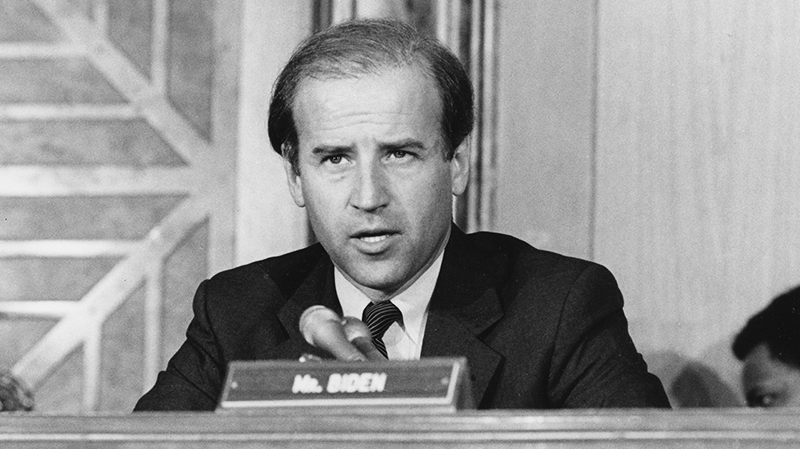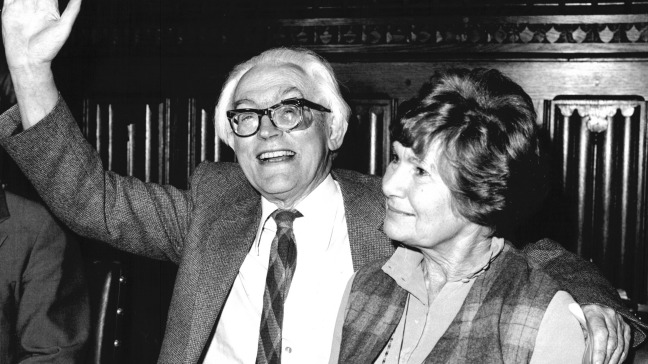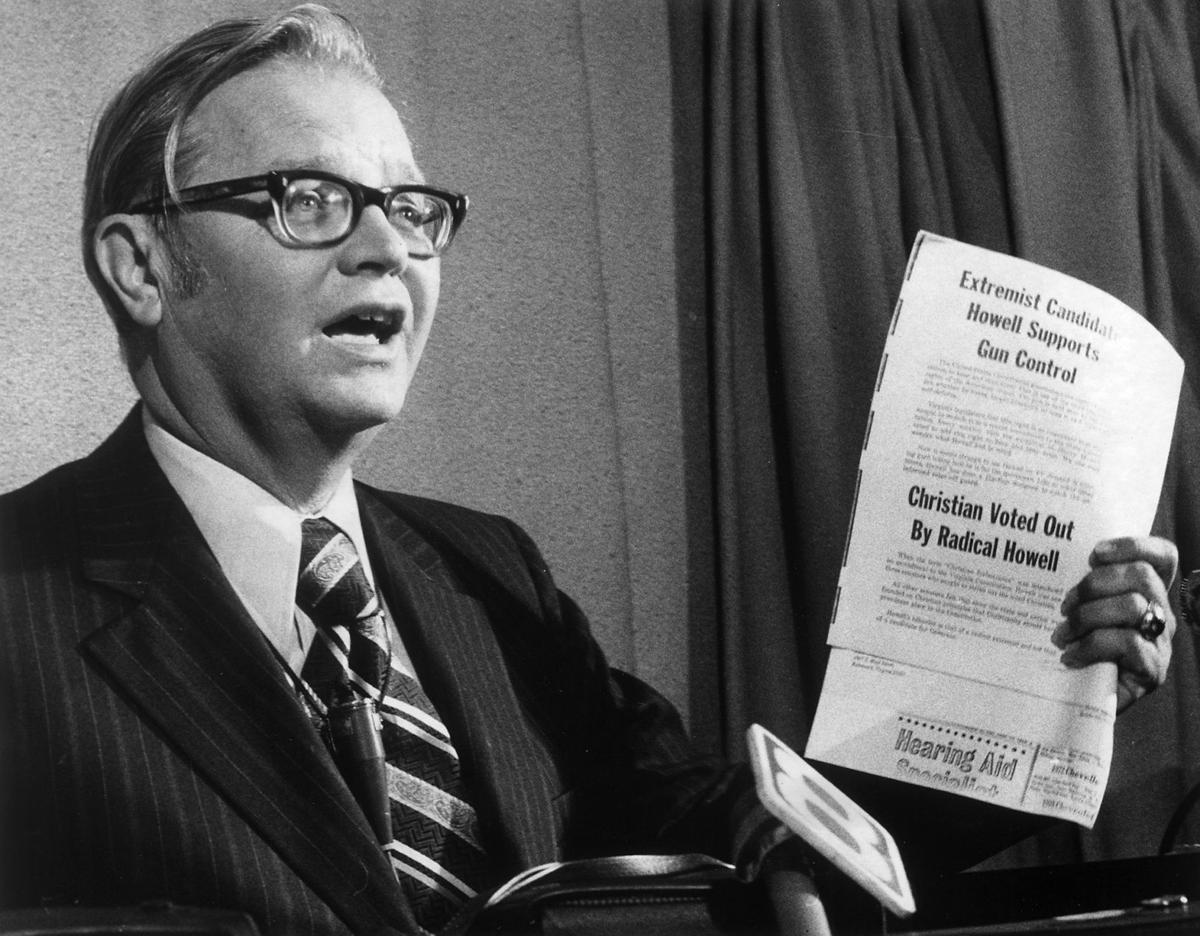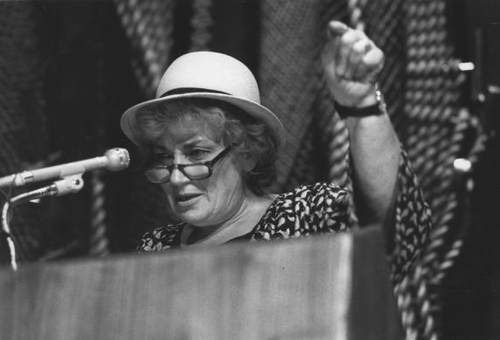PROLOGUE: Part 5 - Decision '76
“Now that results have had a chance to come in, we can project several states on the eastern seaboard. New Jersey, Connecticut, New Hampshire, Delaware, and Virginia have went to Ronald Reagan; while Washington DC, Georgia, North Carolina, West Virginia, and South Carolina have went to Jimmy Carter. New York, Massachusetts, Vermont, Maryland, Rhode Island, Florida, Pennsylvania, Ohio, Michigan, and Kentucky are still too close to call.”
ABC News Broadcast on Election Night, 8:10 PM EST, November 2nd, 1976
“Major news coming from the east coast - we can now confirm that Charles Mathias has become the first third party candidate to win a state since George Wallace. He’s carried his home state of Maryland, as well as Massachusetts, Rhode Island, and Vermont. Meanwhile, we also have reports that Ronald Reagan has carried Michigan and Maine, while Jimmy Carter has claimed Florida. However, New York is still a bitter three-way contest, and Pennsylvania and Ohio are contested by Carter and Reagan. Polls are about to close in the central time zone, so we should be getting the next round of results soon…”
ABC News Broadcast on Election Night, 8:47 PM EST, November 2nd, 1976
“It appears that Jimmy Carter has claimed Mississippi, Alabama, Louisiana, and Arkansas. This is undoubtedly good news for the Georgian, but it appears that Tennessee and Kentucky are too close to call at the moment, so that good feeling may not last…”
ABC News Broadcast on Election Night, 9:23 PM EST, November 2nd, 1976
“Ronald Reagan has carried both Iowa and Indiana, and it appears that he’s won Ohio too. This momentum may continue, as the plains states will be closing their polls soon, and Governor Reagan has been polling incredibly well there…”
ABC News Broadcast on Election Night, 9:36 PM EST, November 2nd, 1976
“Before we move onto the next round of poll closings, we have a major announcement - Jimmy Carter appears to have carried New York, providing 41 electoral votes to the Governor. This is undoubtedly good news for the Democrats, who were briefly worried that Carter would remain limited to the south…”
ABC News Broadcast on Election Night, 9:59 PM EST, November 2nd, 1976
“It appears that Ronald Reagan has carried the states of Illinois and Wisconsin, providing a major boost in quite a few battleground states. In addition to this, Pennsylvania, Tennessee, and Kentucky are all tilting his way. Meanwhile, Minnesota is too close to call with Carter leading, Missouri is anyone’s game, and Texas is tight but tilting Carter.”
ABC News Broadcast on Election Night, 10:09 PM EST, November 2nd, 1976
“As expected, Ronald Reagan has swept the Great Plains, claiming Kansas, Nebraska, North Dakota, Montana, South Dakota, Wyoming, Colorado, Arizona, and Utah. Meanwhile, Carter’s lead has narrowed significantly in Minnesota, but he still has a thousand votes on Reagan…”
ABC News Broadcast on Election Night, 10:31 PM EST, November 2nd, 1976
“Polls have closed on the west coast, and we can report that Ronald Reagan has carried his native California, while Jimmy Carter has Washington. This is no doubt due to Senator Jackson, who remains popular in his home state. However, on the coast, Oregon still remains in play, as Charles Mathias is performing very strongly there.”
ABC News Broadcast on Election Night, 11:22 PM EST, November 2nd, 1976
“We can now project that, by the skin of his teeth, Jimmy Carter has carried Texas. No Democrat in modern memory has won an election without Texas, so this is sure to help calm the Carter camp. In addition, Ronald Reagan has claimed Oklahoma.”
ABC News Broadcast on Election Night, 12:26 PM EST, November 2nd, 1976
“News out west has been very good for Ronald Reagan, as he has claimed Oregon, Nevada, Idaho, and New Mexico. This puts him within swinging distance of the Oval Office, as he only needs to win one of the remaining states to win the necessary 270 electoral votes. At the moment, Jimmy Carter can only hope that a hung electoral college leads to Congress electing him President.”
ABC News Broadcast on Election Night, 1:47 AM EST, November 2nd, 1976
“Breaking news, no, monumental news: we can now officially say that Missouri and Pennsylvania, by about a thousand votes each, have went Republican. With this, Ronald Wilson Reagan has been elected President of the United States.”
ABC News Broadcast on Election Night, 4:45 AM EST, November 2nd, 1976
“We can finally project the last remaining states, at 6:38 AM in the studio. Ronald Reagan has won Minnesota, Tennessee, and Alaska, while Jimmy Carter has claimed both Hawaii and Kentucky. Despite Governor Reagan’s win in the electoral college, it appears that Governor Carter has defeated him in the popular vote total, at this moment holding just under a million more votes than Gover—President-Elect Reagan. This is apparently due to a record number of close states, as well as commanding margins in the south for the Democrat. This also makes Ronald Reagan the third president to win office without a majority of the popular vote, after Rutherford B. Hayes in 1876 and Benjamin Harrison in 1888.”
ABC News Broadcast on Election Night, 6:38 AM EST, November 2nd, 1976

FINAL VOTE TOTALS:
DEMOCRATIC: James Earl Carter Jr. / Henry Martin Jackson: 42.14% (34,357,409), 180 EVs
REPUBLICAN: Ronald Wilson Reagan / Howard Henry Baker Jr.: 40.81% (33,273,039), 327 EVs
LIBERAL: Charles McCurdy Mathias Jr. / Jacob Koppel Javits: 16.02% (13,061,360), 31 EVs
OTHER: 1.03% (839,775), 0 EVs
ABC News Broadcast on Election Night, 8:10 PM EST, November 2nd, 1976
“Major news coming from the east coast - we can now confirm that Charles Mathias has become the first third party candidate to win a state since George Wallace. He’s carried his home state of Maryland, as well as Massachusetts, Rhode Island, and Vermont. Meanwhile, we also have reports that Ronald Reagan has carried Michigan and Maine, while Jimmy Carter has claimed Florida. However, New York is still a bitter three-way contest, and Pennsylvania and Ohio are contested by Carter and Reagan. Polls are about to close in the central time zone, so we should be getting the next round of results soon…”
ABC News Broadcast on Election Night, 8:47 PM EST, November 2nd, 1976
“It appears that Jimmy Carter has claimed Mississippi, Alabama, Louisiana, and Arkansas. This is undoubtedly good news for the Georgian, but it appears that Tennessee and Kentucky are too close to call at the moment, so that good feeling may not last…”
ABC News Broadcast on Election Night, 9:23 PM EST, November 2nd, 1976
“Ronald Reagan has carried both Iowa and Indiana, and it appears that he’s won Ohio too. This momentum may continue, as the plains states will be closing their polls soon, and Governor Reagan has been polling incredibly well there…”
ABC News Broadcast on Election Night, 9:36 PM EST, November 2nd, 1976
“Before we move onto the next round of poll closings, we have a major announcement - Jimmy Carter appears to have carried New York, providing 41 electoral votes to the Governor. This is undoubtedly good news for the Democrats, who were briefly worried that Carter would remain limited to the south…”
ABC News Broadcast on Election Night, 9:59 PM EST, November 2nd, 1976
“It appears that Ronald Reagan has carried the states of Illinois and Wisconsin, providing a major boost in quite a few battleground states. In addition to this, Pennsylvania, Tennessee, and Kentucky are all tilting his way. Meanwhile, Minnesota is too close to call with Carter leading, Missouri is anyone’s game, and Texas is tight but tilting Carter.”
ABC News Broadcast on Election Night, 10:09 PM EST, November 2nd, 1976
“As expected, Ronald Reagan has swept the Great Plains, claiming Kansas, Nebraska, North Dakota, Montana, South Dakota, Wyoming, Colorado, Arizona, and Utah. Meanwhile, Carter’s lead has narrowed significantly in Minnesota, but he still has a thousand votes on Reagan…”
ABC News Broadcast on Election Night, 10:31 PM EST, November 2nd, 1976
“Polls have closed on the west coast, and we can report that Ronald Reagan has carried his native California, while Jimmy Carter has Washington. This is no doubt due to Senator Jackson, who remains popular in his home state. However, on the coast, Oregon still remains in play, as Charles Mathias is performing very strongly there.”
ABC News Broadcast on Election Night, 11:22 PM EST, November 2nd, 1976
“We can now project that, by the skin of his teeth, Jimmy Carter has carried Texas. No Democrat in modern memory has won an election without Texas, so this is sure to help calm the Carter camp. In addition, Ronald Reagan has claimed Oklahoma.”
ABC News Broadcast on Election Night, 12:26 PM EST, November 2nd, 1976
“News out west has been very good for Ronald Reagan, as he has claimed Oregon, Nevada, Idaho, and New Mexico. This puts him within swinging distance of the Oval Office, as he only needs to win one of the remaining states to win the necessary 270 electoral votes. At the moment, Jimmy Carter can only hope that a hung electoral college leads to Congress electing him President.”
ABC News Broadcast on Election Night, 1:47 AM EST, November 2nd, 1976
“Breaking news, no, monumental news: we can now officially say that Missouri and Pennsylvania, by about a thousand votes each, have went Republican. With this, Ronald Wilson Reagan has been elected President of the United States.”
ABC News Broadcast on Election Night, 4:45 AM EST, November 2nd, 1976
“We can finally project the last remaining states, at 6:38 AM in the studio. Ronald Reagan has won Minnesota, Tennessee, and Alaska, while Jimmy Carter has claimed both Hawaii and Kentucky. Despite Governor Reagan’s win in the electoral college, it appears that Governor Carter has defeated him in the popular vote total, at this moment holding just under a million more votes than Gover—President-Elect Reagan. This is apparently due to a record number of close states, as well as commanding margins in the south for the Democrat. This also makes Ronald Reagan the third president to win office without a majority of the popular vote, after Rutherford B. Hayes in 1876 and Benjamin Harrison in 1888.”
ABC News Broadcast on Election Night, 6:38 AM EST, November 2nd, 1976
FINAL VOTE TOTALS:
DEMOCRATIC: James Earl Carter Jr. / Henry Martin Jackson: 42.14% (34,357,409), 180 EVs
REPUBLICAN: Ronald Wilson Reagan / Howard Henry Baker Jr.: 40.81% (33,273,039), 327 EVs
LIBERAL: Charles McCurdy Mathias Jr. / Jacob Koppel Javits: 16.02% (13,061,360), 31 EVs
OTHER: 1.03% (839,775), 0 EVs
Last edited:



:max_bytes(150000):strip_icc()/GettyImages-5151755541-59074ffc3df78c5456a374d9.jpg)









